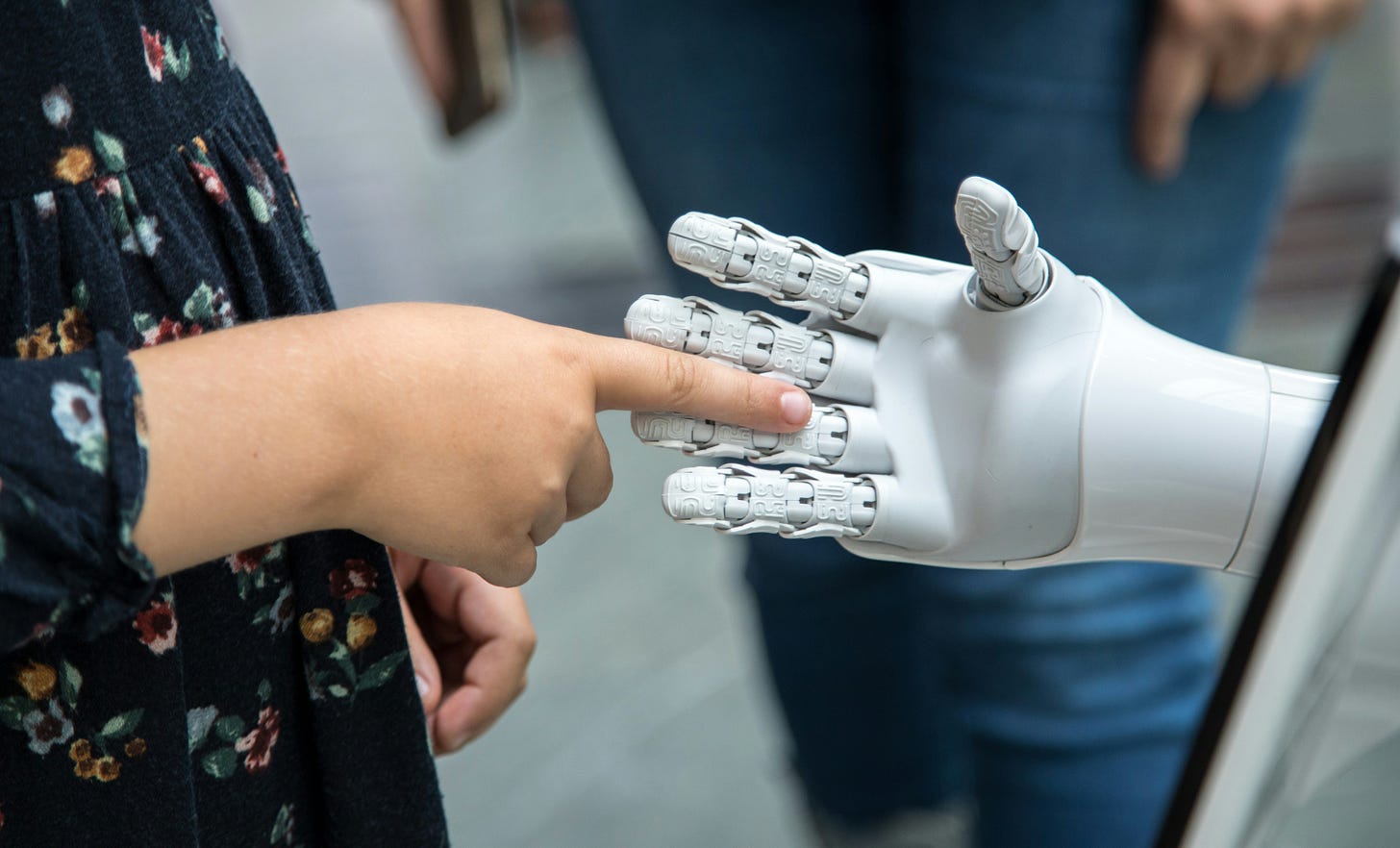
Thank you for stopping by to read The Common Reality. Every Sunday (or sometimes Mondays!), I drop a new article on Engineering Management, AI in the workplace, or navigating the corporate world. Engagement with these articles helps me out quite a bit, so if you enjoy what I wrote, please consider liking, commenting, or sharing.
I also wrote a short book on Incident Management, which you can download for free here until August 2025.
If you run engineering teams, here’s a truth you already feel but probably don’t say out loud: 20-30% of your team isn’t coming close to meeting your expectations, and the vast majority of the impactful work is done by the same 10-20% of people. It can feel like a “you” problem. Why wouldn’t it be? You are running the team, so if the team members aren’t even getting to “good,” shouldn’t you be held accountable?
Those people might be nice. They show up to work without issue and chime in from time to time in meetings. They don’t really cause problems. They are just, sort of, there. It’s more of a relief when they give their notice than it should be; one fewer performance review to write that has you feeling like “they aren’t bad, but I wouldn’t rehire them.”
From the outside, if the Manager is reasonably competent or the senior engineer is strong, the team looks great. Look how much they deliver! How do we get other teams to be more like them?
I’ve been around enough organizations to confidently say that the “80/20 rule” is a real thing. A minority of engineers dramatically outperforms the rest of the organization, which is where the “10x Engineer” branding originated. They know more about the systems they support, better understand the dependencies they are dealing with, and can quickly translate the “asks” from the business into running code.
They don’t need step-by-step outlines of what to build. They just build and they build quickly.
Artificial Intelligence and Agentic systems are not going to replace these engineers. These systems are going to replace all of the engineers who are not like these, though. The more I see these tools improve, the more confident I am in that prediction.
The engineer who spends a week writing boilerplate code? The manager who updates the status documents but avoids hard conversations? The PM who can’t write a tight specification without four meetings? AI will be cheaper, faster, and more scalable than all of them.
And once you start building teams around that assumption, you start asking different questions:
What would it look like to build a 5-person team where only high-leverage individuals remain and AI fills in the remaining gaps?
What happens when tech leads stop babysitting junior engineers and start orchestrating agents?
What does management look like when reporting, documentation, people management, and prioritization are automated?
Real change is coming for the bottom 20%, and it will keep moving up the ladder. Clayton Christensen wrote about this as “disruptive innovation.” The incumbents leave the bottom of market for new entrants. Over time those new entrants take more and more of the market ultimately replacing the incumbents.
He was writing about companies. I am applying the same concept to people.
Managers of the highest-performing teams of tomorrow are going to be the ones who most effectively understand how to leverage these tools. They will be the ones willing to experiment now, even when the results aren’t great.
However, we will need to rethink how our talent pipelines work. What happens when entry-level jobs start to evaporate and senior engineers start to move into managerial roles or retire? Will we end up with a gap in our workforce? Is that an opportunity for companies that want to corner the “human” talent market?
What do you think?





As always you just nail what I'm thinking. The AI discussion and how it will affect low level employees hits home. Great analysis